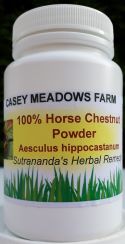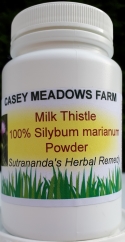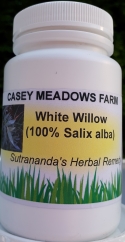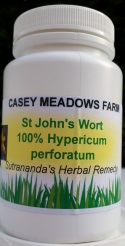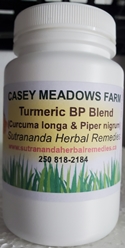Anti inflammatory
Anti-inflammatory (or antiinflammatory) is the property of a substance or treatment that reduces inflammation or swelling. Anti-inflammatory drugs make up about half of analgesics, remedying pain by reducing inflammation as opposed to opioids, which affect the central nervous system to block pain signaling to the brain.

Health supplements
In addition to medical drugs, some herbs and health supplements may have anti-inflammatory qualities: bromelain from pineapples (Ananas comosus).Cannabichromene, a cannabinoid, also has anti-inflammatory effect. Honokiol from Magnolia inhibits platelet aggregation, and works as an inverse agonist at the CB2 receptor. Black seed (Nigella sativa) has shown anti-inflammatory effect due to its high thymoquinone content. St. John's wort's chief constituent, hyperforin, has been found to be a potent COX-1 and 5-LO inhibitor, with anti-inflammatory effect several fold that of aspirin.
Coal tar has been used for centuries for its anti-inflammatory and analgesic effects. Oral administration for central effects is now rare as coal tar also contains a range of dangerous and carcinogenic compounds, and does not allow for the administration of standardized doses, although some doctors readily utilize coal tar preparations for topical administration (ex. Denorex, Psoriasin) in the treatment of skin conditions such as eczema and atopic dermatitis. Many modern analgesics and anti-inflammatory agents (ex. paracetamol, and its previously used predecessor phenacetin) are derived from compounds which were originally discovered during studies to elucidate the chemicals responsible for the tars reputed health benefits.
What causes inflammation?
Your body is built to protect you. One intricate and amazing way it does this is through the process of inflammation. Simply put, inflammation is the way your body reacts to injury or infection. When you face damage (scrape, cut, ouchie) or a foreign substance (bacteria, virus, food allergy) your body send out it's remedy troops (white blood cells) to visit the site of invasion and defend with healing chemicals.
Acute Inflammation
Acute inflammation occurs at the site of damage. This is the kind of inflammation you get after injuring yourself. Think about if you were to fall and hit your knee and get a boo-boo. You would get redness, pain, and swelling. This is your body mobilizing immune cells (white blood cells) and increasing blood flow to the area to alleviate the wound. This reaction is short-term and happens within minutes to hours.
Chronic Inflammation
Chronic inflammation is the one you want to look out for. This happens when your body makes repeated attempts to heal and contain a source of injury or infection over a longer period of time -- up to weeks of months. This is the type that's related to inflammatory diseases (allergy, autoimmune disease, inflammatory bowel disease, asthma, celiac disease). It's also a risk factor for dangerous conditions such as cardiovascular disease, diabetes, cancer, and Alzheimer's disease.
| Herbal remedies Anti inflammatory | |||||||||
|
|||||||||
|
|
|||||||||||||||||||||||||||||||||
|





